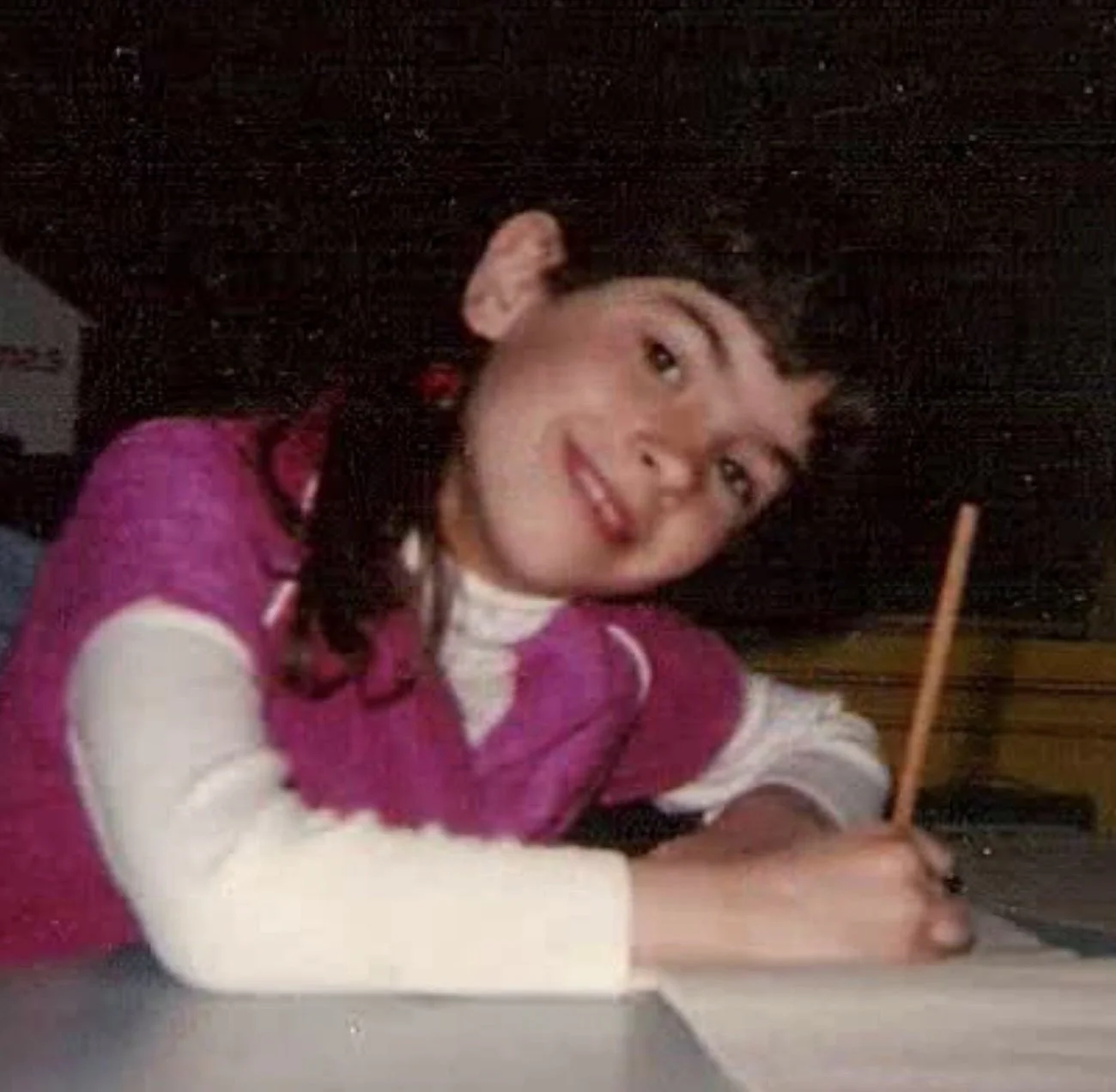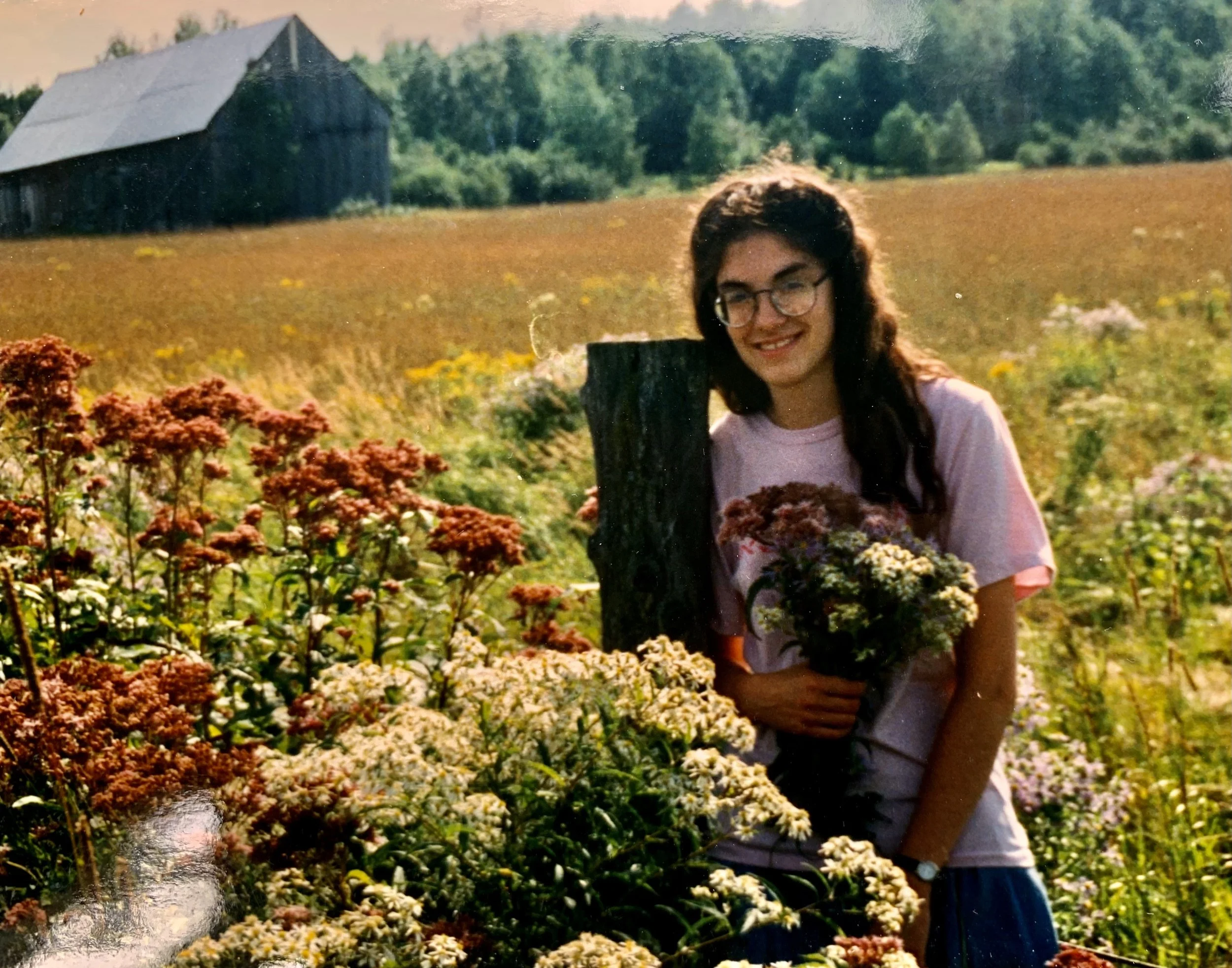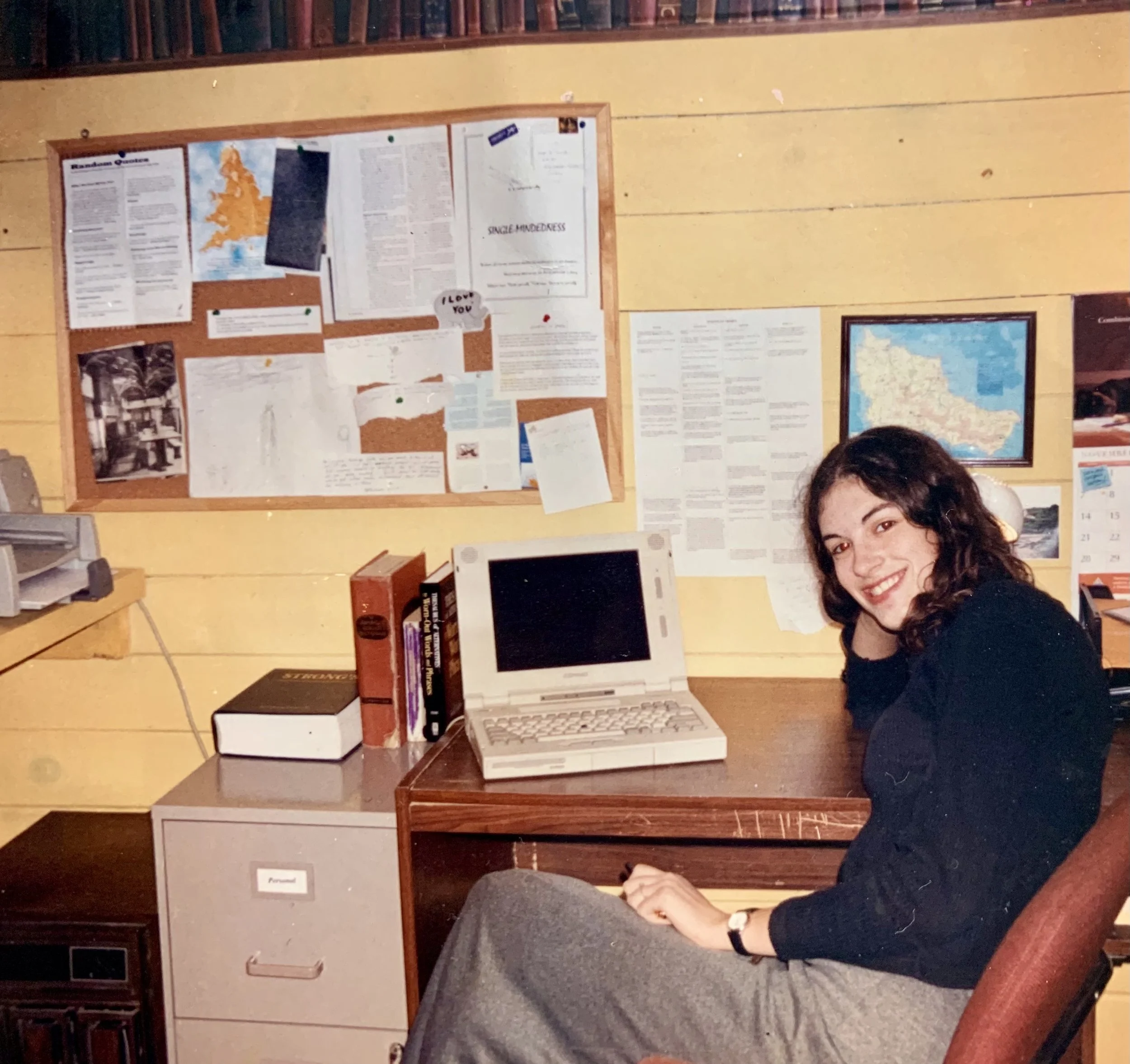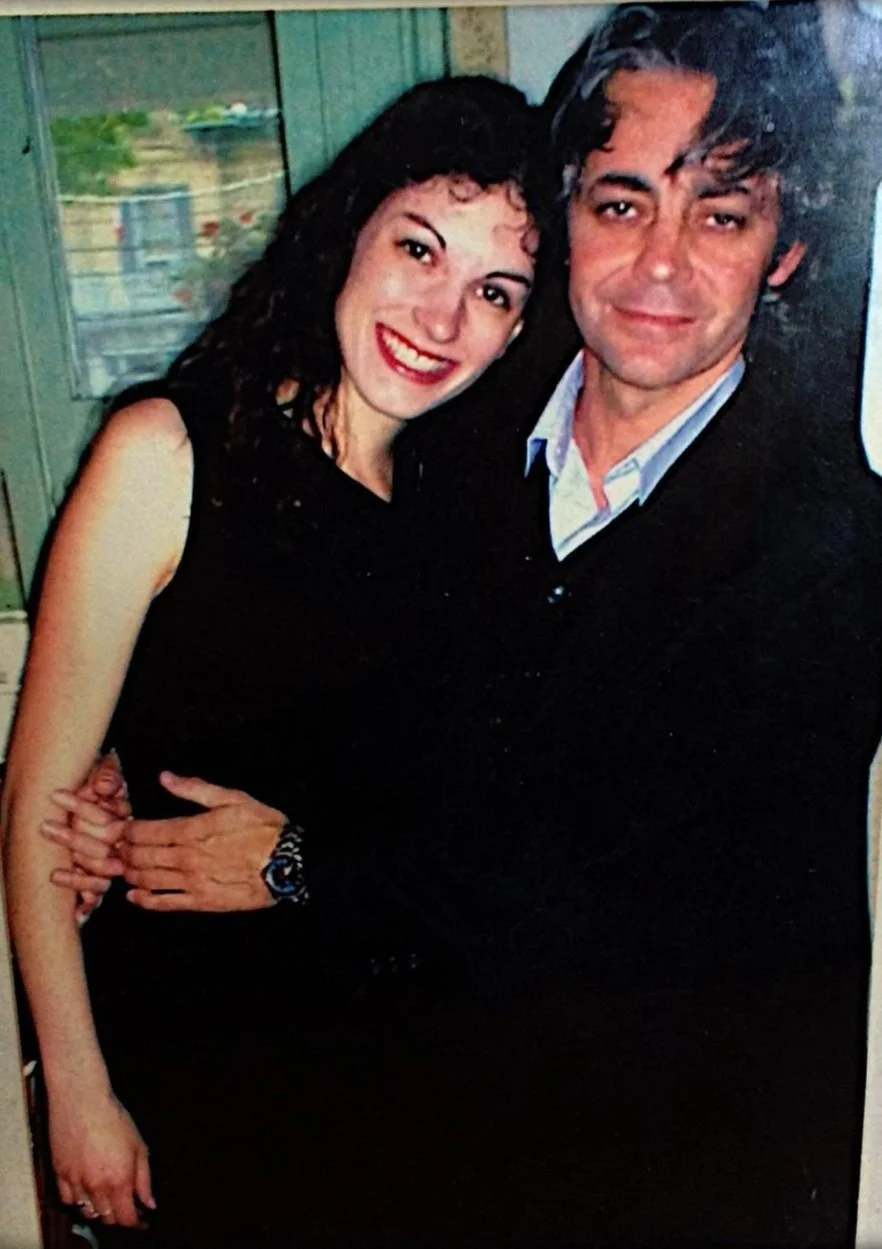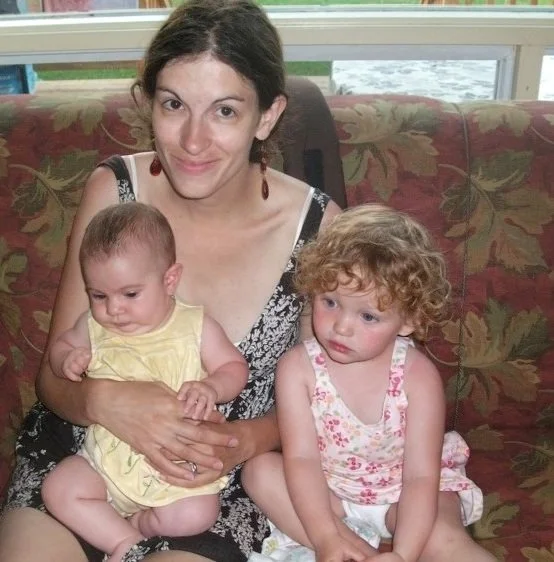Photo credit: JEMMAN Photography
Heidi Reimer is a novelist and writing coach. Her debut novel, The Mother Act, is coming from Penguin Random House in April 2024. Her writing interrogates the lives of women, usually those bent on breaking free of what they’re given to create what they yearn for. Her front row seat to The Mother Act’s theatrical world began two decades ago when she met and married an actor, and her immersion in motherhood began when she adopted a toddler and discovered she was pregnant on the same day. She has published in Chatelaine, The New Quarterly, Literary Mama, and the anthologies The M Word: Conversations About Motherhood and Body & Soul: Stories for Skeptics and Seekers.
THE LONG VERSION: Heidi Reimer’s mission is to create immersive stories that make women feel expanded, deeply engaged, and more meaningfully connected to their truest identity and deepest desires.
The complexity and depth of mother-daughter relationships, the psychological legacies of childhood, the struggle to break free of what we’re given to create what we yearn for…all these are themes of her life and, inevitably, her work.
Heidi Reimer’s debut novel, The Mother Act, is a mother-daughter story that unfolds on the opening night of a one-woman show. The performer is a controversial feminist figure and outspoken critic of societal expectations of motherhood. Her estranged 24-year-old daughter is in the audience, watching her mother account for the choices that shaped her life. The biggest of these? Prioritizing her own ambition, personal needs, and creative fulfillment when she abandoned her as a toddler.
Heidi’s desire to be a novelist began in childhood, when she first realized at the age of eight that immersion in a novel was the very best thing in the world. But almost all her models of womanhood were stay-at-home mothers, and the message that women were meant to devote themselves to children, not careers, was pervasive and overt. Throughout her teenage years she answered the question “what do you want to be when you grow up?” with “writer, wife, and mother”: a writer because that was what she wanted, a wife and mother because she was female and that’s what God made females for.
Circa age 17. God’s handmaiden. Possible future as a country living magazine cover model.
But she was the oldest of six, and she knew how all-consuming a passel of kids could be. In her early twenties, Heidi’s mantra became “Marriage and motherhood are the enemy of my dreams.” She apprenticed with a novelist. She wrote drafts and drafts of short stories and essays and novels and partial novels, travelled a bunch, supported herself as a waitress and office admin and bookseller and personal assistant.
Slowly, painfully, she began the long process of deconstructing the wounds of patriarchal indoctrination and letting go of beliefs that had confined and defined her.
She met women who blew her mind with their freedom and authenticity. She read a lot of books. She kept attempting to write, defeated regularly by her own self-doubt, perfectionism, and fear that she didn’t have what it took.
Circa age 21. Among the messages on the bulletin board is the word SINGLE-MINDED.
Opening night of the 2003 Stratford Festival Season.
On a firefly-lit night in the mountains of West Virginia, she attended a performance of Much Ado About Nothing. Playing Benedick was a dark, mysterious, older (but how much older??) Englishman. They met after the show, and Heidi was drawn to his quiet depth and his dedication to his artistic calling. Over the next nine months, as Heidi moved to Toronto to give up on being a writer and try to become an editor instead, as Richard toured Shakespeare throughout the US, they wrote each other long, in-depth emails about their lives and dreams. She’d already fallen in love with him by the time she flew to New York City to see him in A Midsummer Night’s Dream and meet him for the second time, almost one year after the first. She’d also started writing again.
They spent the next six years shuttling between NYC (his home base) and Toronto (Heidi’s), and thus began both her immersion in the theatre world that permeates The Mother Act and her relinquishment of her antipathy to marriage.
In her late 20s, a decade older than her classmates, she started university to study English. In a women’s studies class, she called herself a feminist for the first time. She wrote it down: “I am a feminist.” The heavens did not smite her.
When she did finally choose to become a mother (it’s a long story and a pretty good one, which can be read here), it was with careful thought and a hefty dose of fear about how she could do it without losing herself. She felt invalidated by the general societal approval of her choice to mother, beleaguered by the disproportionate burden of labor placed on her versus her husband, and offended by the glib assumptions about one of the most complex experiences of her life. The saccharine over-simplification of Mother’s Day cards made her want to scream.
She loved her two daughters (who, it must be emphasized, were and are incredible humans).
She wanted them to have a nurturing and secure upbringing.
She wanted to support them into becoming fully-realized girls and women.
And there were many days when she felt like devoting herself to providing that for them had sabotaged her own self-realization.
And so it was on one particularly challenging day in early motherhood that The Mother Act was born. Heidi was then a stay-at-home mother, rising before dawn to work on a novel, frequently on her own with a baby and a toddler while her husband supported them with acting gigs out of town. In one piercing moment on this one day, she felt how thoroughly this mothering life was (it felt) killing everything she’d worked so hard to create and become. She pictured herself walking out the door, starting over as a solo, unfettered person, and never coming back.
The catch, of course, was that she didn’t want for her daughters the life she imagined would result if she were to follow through. So instead of walking out, she started feverishly taking notes for a new novel in which a mother does act out that escape fantasy—and a daughter lives with the fallout.
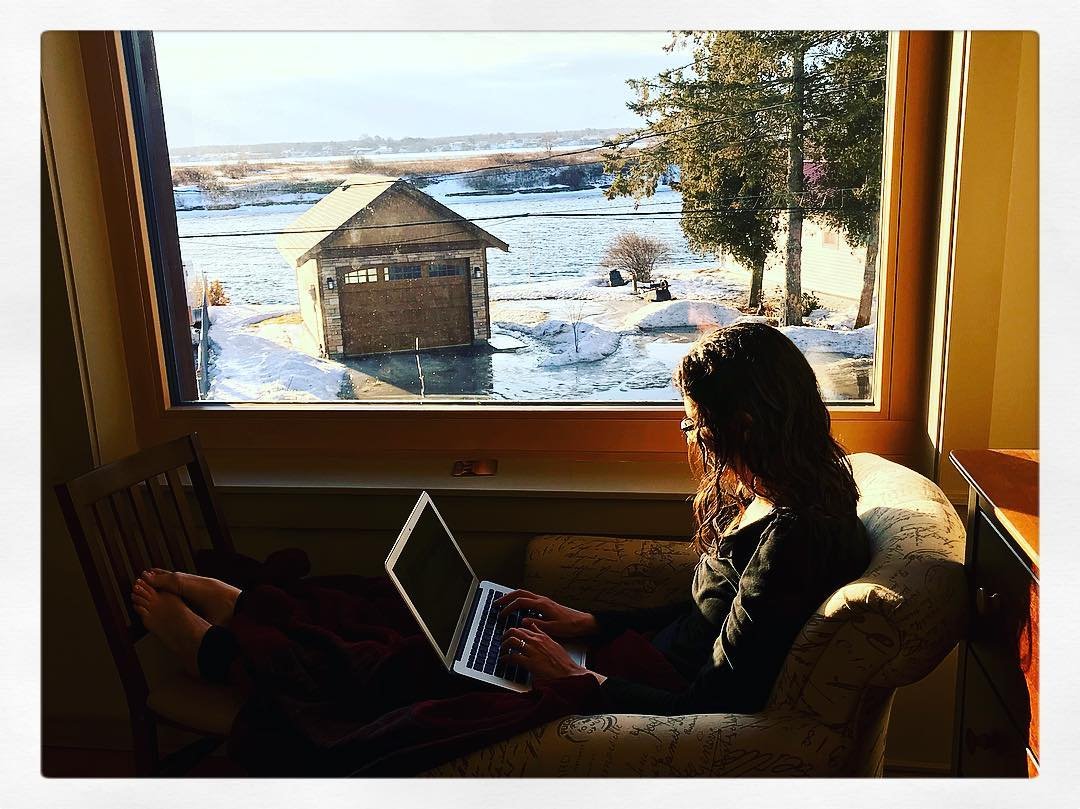
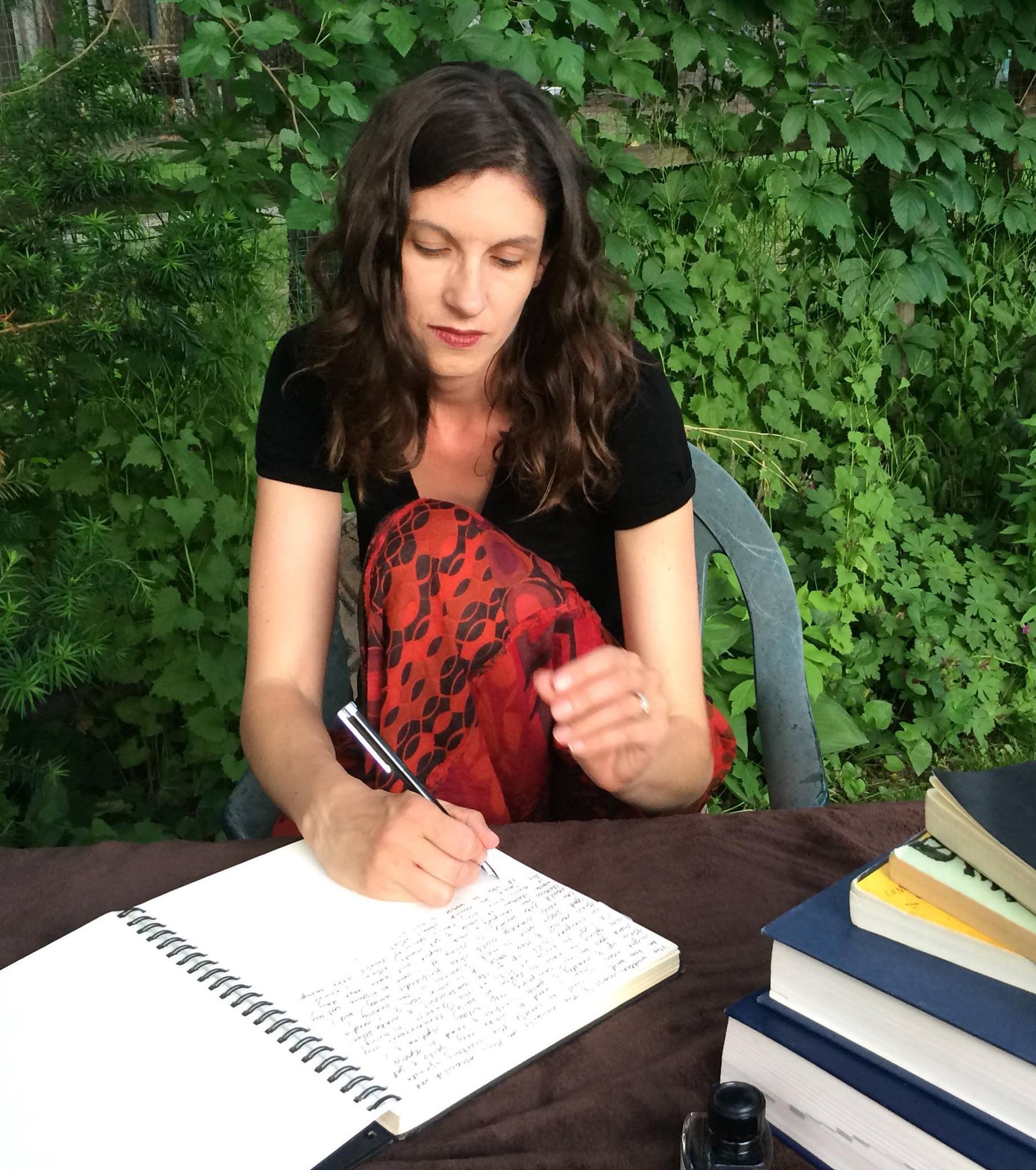
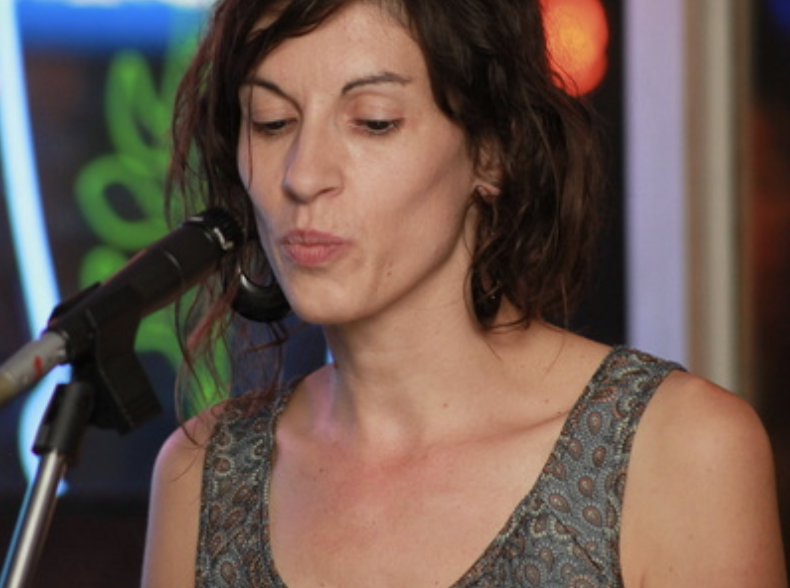
Bringing The Mother Act to completion and then publication was a process riddled with obstacles, joy, purpose and tears. For a period of two years she abandoned the book due to what she thought was the unviability of the structure (taking place all on one night, but spanning decades—hard!). During a dark month of the soul in 2020 (but who didn’t have one of those in 2020?), she looked head-on at the question of whether she could be delusional and/or was one of those writers for whom it was just not going to happen. She had an excellent therapist helping her through this crisis, and for a while she seriously considered quitting writing and training to become a therapist. She came through it more certain than ever of the worth of her work, sourcing her value from within herself in a new and deeper way.
It was, in fact, fifteen minutes after weeping in a therapy session about her inability to get a novel published that she found out an editor at Random House Canada was interested in The Mother Act. From that moment, decades of quietly, invisibly trying and failing and yearning and learning to write began to grow into something bigger.
Today, the baby and the toddler are teenagers. The deep, dark older actor has become an actor-director, spending six years as the artistic director of a summer Shakespeare Festival on the banks of the St. Lawrence River (which gave Heidi even more theatrical material). Heidi Reimer writes in a sweet little studio by that river, at which no one ever interrupts her.
As the creator of the Novel Alchemy group coaching program at Sarah Selecky Writing School, Heidi Reimer also helps other writers identify and work through their own self-doubt, fear, and creative blocks so they can write a fast, raw draft of a novel.
She gives manuscript evaluations too, so that training as an editor is not going to waste.
She never did become a therapist, but the writers she works with frequently tell her their coaching sessions feel like therapy.
She still identifies as a feminist.
Join me on the adventure!
My letters land every 2 weeks on the full and new moon…because why not harness a little cyclical celestial alignment?
Expect authenticity, honest grappling with the creative process, and insight (and angst) moving from process to product on the road to publication. I also explore artistic identity, visibility, and intentionality, with some deep dives into mother-daughter relationships, maternal ambivalence, and feminist awakening. But in a fun way!

